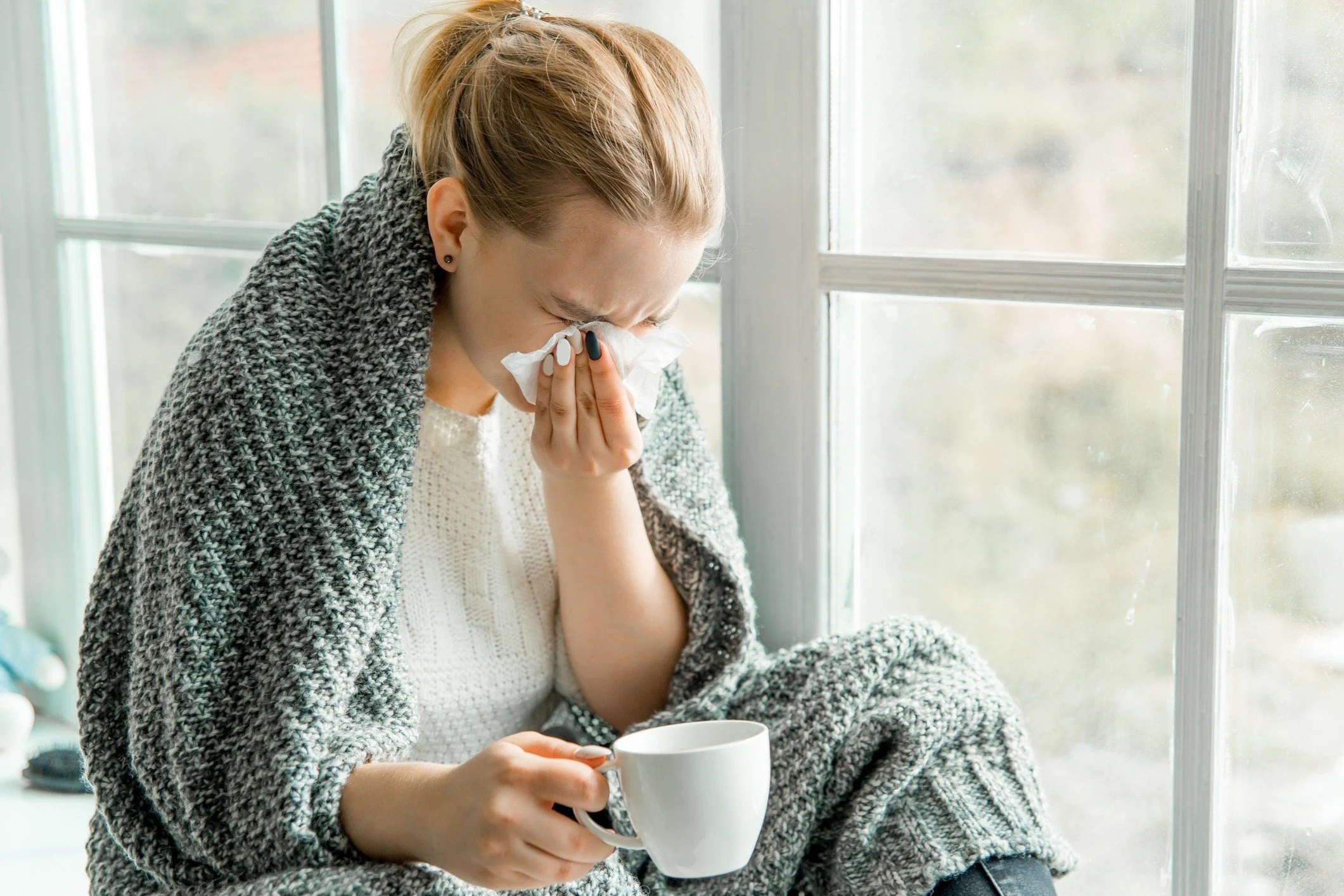Autumn Newsletter 2025 - COVID, Flu and RSV update
This newsletter is a summary of:
What is happening with COVID and other respiratory infections
Internationally and in Australia this year.
What is the difference between the major viruses.
Who is at risk.
Pharmaceutical options.
Homeopathic options.
How to Protect Yourself and Loved Ones.
This will allow you to make informed decisions about what can you do to protect yourself and older loved ones for the coming flu season.
After seeing so many people unnecessarily sick with respiratory illness I am offering over 25% off the initial consultation fee.
Click below for this special offer.
Check the Special offer at the end of the Newsletter.
This year started at a fast pace and now seems to be settling and bringing with it almost perfect weather.
Many of you have started on new goals for the year and the Easter break is a great time to review and clarify plans for your Health and Wellbeing.
I have been busy these few months, helping people address gut & bowel issues, prevent and alleviate a range of chronic illnesses and helping those with reoccurring respiratory infections.
What is happening with COVID and other Respiratory Infections?
There are diverse reports regarding COVID, Flu and RSV.
The European Union and European Economic Area (EU/EEA) is reportedly experiencing high respiratory virus activity, including a flu season and an RSV epidemic. COVID infection appears to be reducing.
The US is currently experiencing a ‘high severity’ of the flu and RSV infection.
The number of influenza cases in Australia has been slightly higher than the five-year average and the number of RSV cases is increasing but consistent with the number of cases reported at this time last year.
Despite the reasonably high number of anecdotal reports of COVID In Australia, especially WA since December, within the general and nursing home community, the number of COVID-19 cases, remains low, similarly to overseas.
What is the Difference between the Viruses?
Flu develops quicker than RSV with similar symptoms of fever, chills, body aches and fatigue.
RSV (Respiratory Syncytial Virus) is generally a common and mild upper respiratory infection with symptoms similar to flu, including a runny nose, sore throat, cough and a headache. However wheezing is seen more often with RSV than the other respiratory viruses. In the very young, old and immune compromised RSV can lead to bronchiolitis and pneumonia. RSV is highly contagious and patients can be infectious for up to 4 weeks.
COVID typically starts suddenly with a high fever. It has similar symptoms to the flu and may also present with nausea, vomiting or diarrhea.
In regards to the flu season in Australia this year, based on International indications, it is possible that the trend will be towards increased RSV infection, compared to previous years.
A review of the current international situation, strongly suggests that we need to be taking steps to prevent RSV infection in our community this year in addition to the usual strategies to minimise flu and COVID risk.
RSV Virus
Who Is At Greatest Risk of Which Virus?
The very young, immune compromised (those who already have a disease that directly affects the immune system, those taking certain medications, such as corticosteroids) and the aged are at greater risk of RSV & the Flu this season.
Your immune system may be weakened if you have symptoms of frequent and recurrent pneumonia, bronchitis, sinus, ear or skin infections. Inflammation and infection of internal organs. Blood disorders, such as low platelet count or anemia. Digestive problems, such as cramping, loss of appetite, nausea and diarrhea.
COVID will continue in our community. It has generally been reported as a milder infection in Australia but is not to be underestimated as there continues to be a risk for those who are immune compromised and those who have had severe COVID in the past, Bronchitis, Pneumonia, the aged, as well as those who travel overseas. Please see your doctor in you believe you have COVID.
In summary, RSV is the infection to watch in the coming flu season, especially, if you are young, immune compromised, have had severe COVID, history of Bronchitis or Pneumonia, are aged, or travel overseas.
Pharmaceutical options.
Flu vaccine effectiveness is reported as 41-69% in adults when compared with those who are unvaccinated. (This figure, however does not include those who are vaccinated and using Homeopathic medication / unvaccinated and using Homeopathic medication). The effectiveness of vaccines reduces after 4 months. While the Flu vaccine does not offer protection against RSV, some research suggests that it may take the edge off RSV.
If you or older members of your family routinely have an annual flu vaccination you can have further protection by using Homeopathic medicine. This treatment is particularly suitable for those who have a history of complex infections.
Homeopathic options.
An Individualised Homeopathic Treatment Plan can help to strengthen your immune system to respiratory infection and alleviate early symptoms to lessen the severity and duration of your infection.
How to Protect Yourself and Loved Ones
The Homeopathic respiratory treatment that I offer is based on Classical Homeopathy and Biological Medicine.
This includes Homeopathic medicines for comprehensive treatment for symptom alleviation, organ strengthening, antivirals and immune modulators. This allows me to provide a tiered Treatment Plan based on your susceptibility and history with respiratory infections.
Vitamins, minerals and Wellbeing practices will also be included, with the option of immune strengthening QIGONG exercises.
If you want more information on Respiratory Protection and Early Treatment
Click Below for “Tips for Cold and Flu Prevention”
An Individulalised Respiratory Treatment Plan incorporating a tiered approach, based on your susceptibility and history allows effective prevention and early treatment.
My clinical experience has been that patients who have had a history of severe respiratory illnesses have been able to reduce the frequency of infections.
In the case of those who have sought treatment after they have become ill, they have been able to reduce the severity and duration of their infections.
If you are travelling remember to wear a mask and follow the “Tips for Cold and Flu Prevention.”
If you or a loved one experience trouble breathing, sudden high fever or unresolved fever, persistent pain or pressure in the chest, confusion, inability to wake or stay awake, pale, gray, or blue lips, nail beds or skin - attend the Emergency Department asap.
Happy Easter
Useful Links
1. https://www.ecdc.europa.eu/en/publications-data/weekly-respiratory-virus-update-week-9-march-2025.
2.https://www.scientificamerican.com/article/why-this-years-flu-season-is-the-worst-in-more-than-a-decade/
3. https://www.health.gov.au/resources/collections/australian-respiratory-surveillance-reports-2025
4.chrome-extension://efaidnbmnnnibpcajpcglclefindmkaj/https://www.health.gov.au/sites/default/files/2024-08/atagi-statement-on-the-transition-from-quadrivalent-to-trivalent-seasonal-influenza-vaccines-in-australia.pdf







